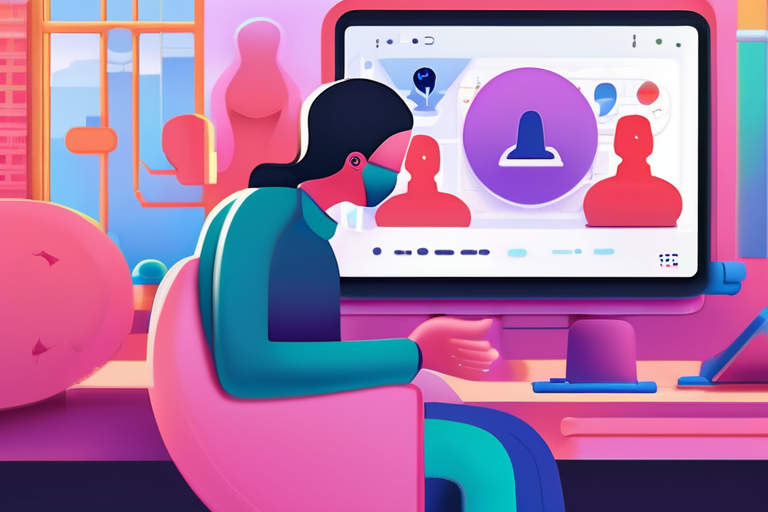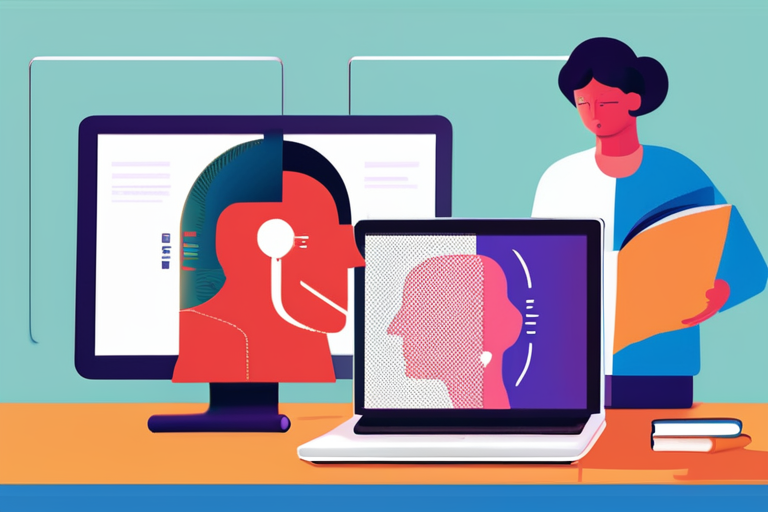Breaking News: OpenAI's Fidji Simo Warns of AI Risks, Highlights Mental Health Concerns
In a recent interview with Wired, Fidji Simo, OpenAI's newly appointed CEO of Applications, has shed light on the company's approach to addressing the risks associated with AI products. Simo, a Meta alum, has taken on the task of managing the social implications of OpenAI's AI models, a stark contrast to her previous experience at Meta, where she headed the Facebook app for two-and-a-half years.
According to Simo, her first task under CEO Sam Altman was to address mental health concerns surrounding AI products. This move comes as AI chatbots have been under scrutiny for their potential to exacerbate mental health issues, particularly when users develop relationships with the technology or rely on it for therapy or support during acute mental health crises.
Simo's comments highlight the growing concern that companies may not have adequately anticipated the risks of their AI products. This concern is reflected in the company's response to user and expert criticism, with OpenAI taking steps to address these issues. Simo's appointment and her focus on social implications signal a shift in the company's approach to AI development.
Simo's background at Meta, where she worked for a decade, provides a unique perspective on the differences between the two companies. Her experience as CEO of grocery delivery service Instacart from August 2021 also underscores her ability to navigate complex issues in the tech industry.
As OpenAI continues to navigate the complexities of AI development, Simo's comments serve as a reminder of the need for companies to prioritize social responsibility and anticipate the potential risks of their products. With the growing reliance on AI technology, it is essential for companies to address these concerns proactively to mitigate potential harm.
The implications of Simo's comments are far-reaching, highlighting the need for greater transparency and accountability in AI development. As the tech industry continues to evolve, it is crucial that companies prioritize the well-being of their users and take a proactive approach to addressing the potential risks of AI products.


























Share & Engage Share
Share this article